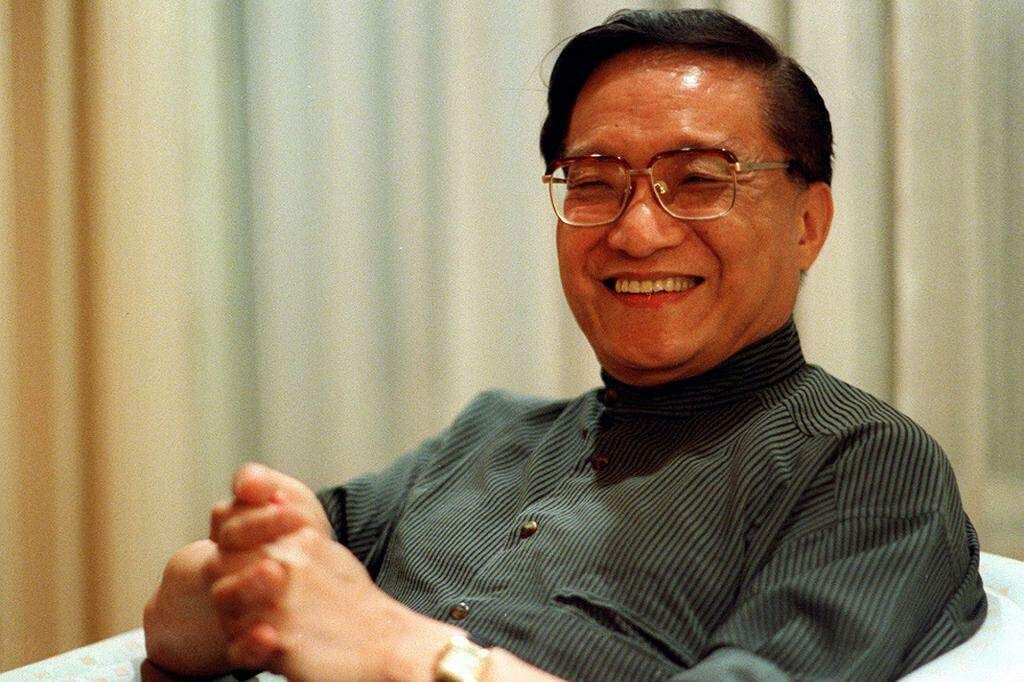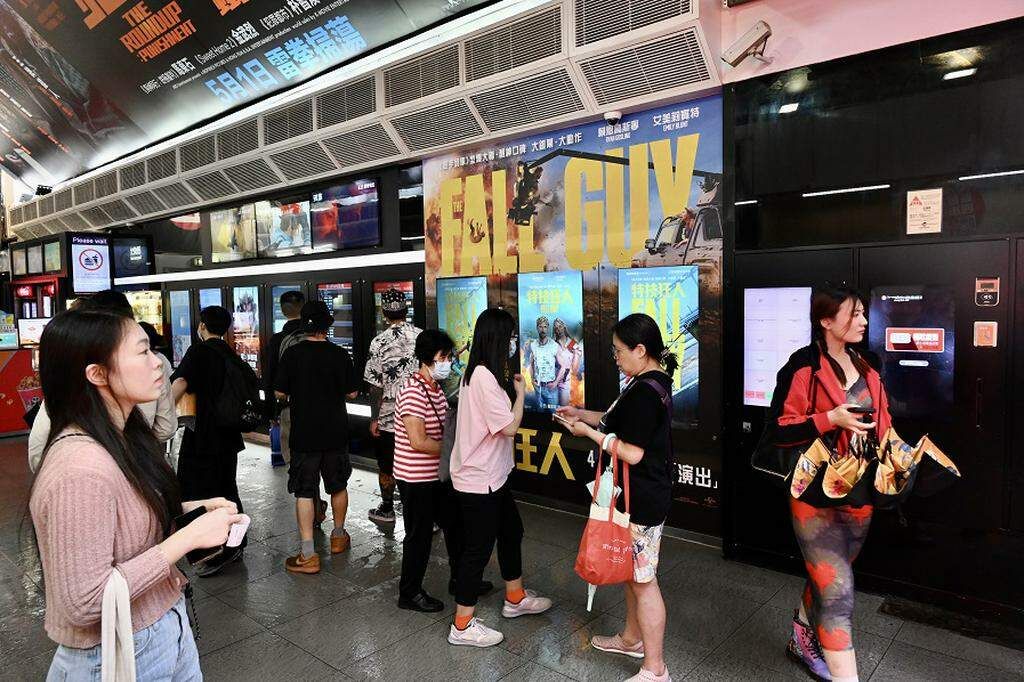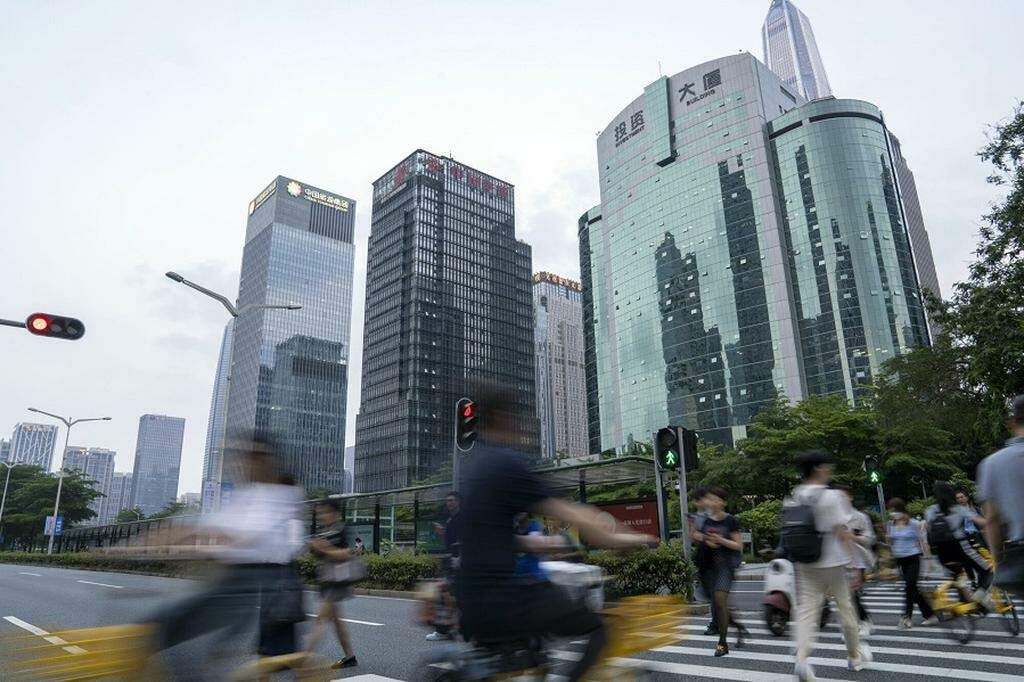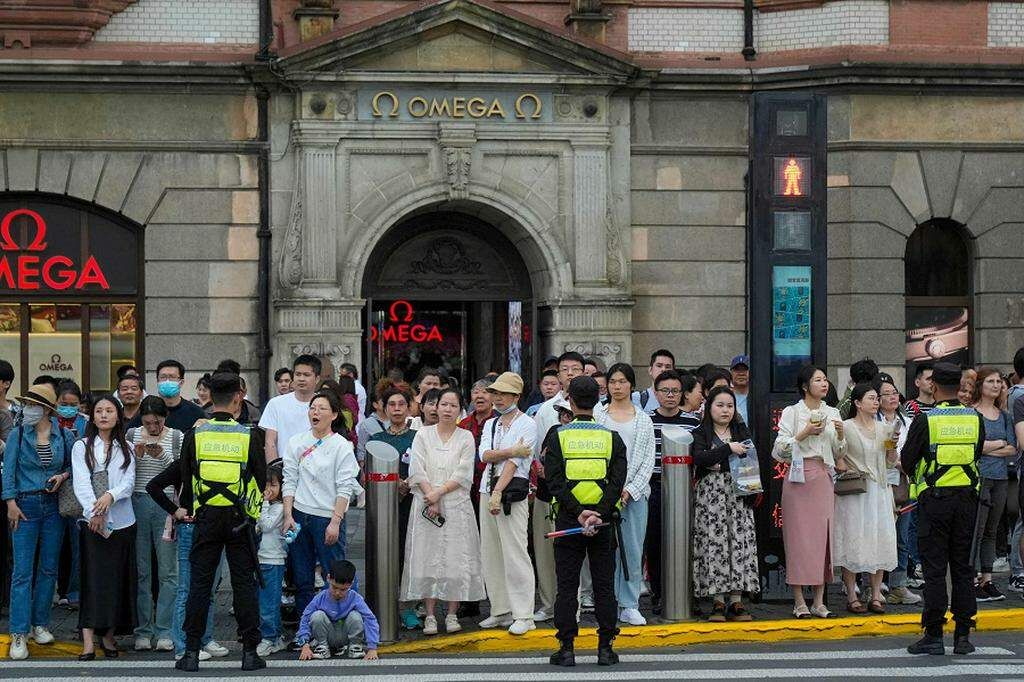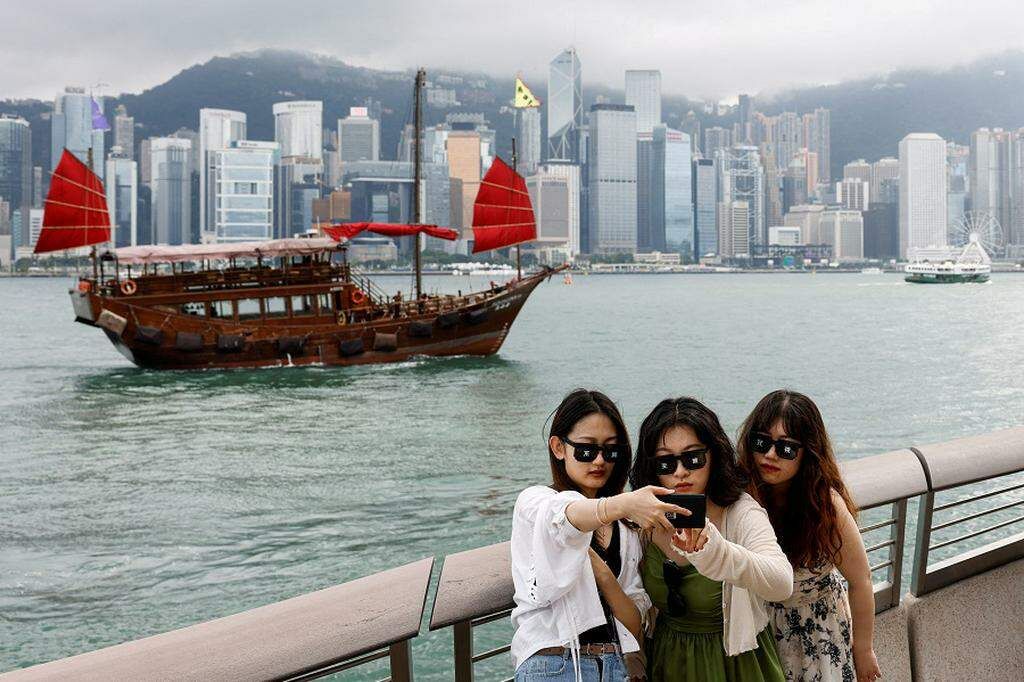What else besides Nanyang art?
While Nanyang art is known as Singapore’s first local art movement, it is not the only genre of art that took root in Singapore in the pre-independence period. Happening alongside, says CEO of the Singapore Chinese Cultural Centre Low Sze Wee, was the rise of social realist art, and more.
Why young Chinese women are loving the horse-face skirt
The popularity of the horse-face skirt reflects the broader trend toward the normalisation of traditional Chinese aesthetics in contemporary China, says NUS academic Courtney Fu. Will it be a fleeting trend similar to the “China chic” streetwear brands or evolve into a lasting fashion identity representative of China on the global stage?
China’s supposed ‘change’ in policy towards Chinese overseas: Nothing to see here
Recent remarks by a senior Chinese leader about Beijing’s position towards foreign nationals of Chinese descent (华人, huaren) appears to show some change in official policy. But Beijing has largely taken a consistent position.
BJP’s potential third term would fuel India’s global ambitions
As the Indian general election progresses, Asia Society Policy Institute assistant director Rishi Gupta examines the three major political parties’ foreign policies, in particular their positions towards India’s neighbourhood, the US and China.
Why the Indian economy is hitting a sweet spot
India’s economy is receiving a vote of confidence in various global forecasts amid the general election season. However, says ISAS academic Amitendu Palit, robust prospects for the Indian economy will very much depend on how some risks to the forecasts play out.
Rich in spirit
Taiwan President William Lai steering Taiwan away from ‘China’
Academic Ngeow Chow Bing notes that judging by Taiwan President William Lai’s inauguration speech, Lai appears to be a more committed leader in steering Taiwan away from not just Beijing and the People’s Republic of China, but the whole notion of “China”. Beijing will find Lai an even tougher and more determined opponent compared with Taiwan’s previous president.
[Big read] Hong Kong schools pulling all stops to attract mainland Chinese students
Amid a falling birth rate and an exodus of Hong Kong families, Hong Kong schools are facing an existential crisis due to a lack of new student enrolment. At the same time, a large number of mainland Chinese have migrated to Hong Kong over the last few years via various talent schemes, making their children a valuable source of students for the local schools. Lianhe Zaobao journalist Tai Hing Shing looks at how the local schools are pulling all the stops to attract these new migrant families.
Traffic monopolisation by internet giants impedes China’s AI development
Technology specialist Yin Ruizhi notes that China’s large language model development still has a long way to go as AI startups are facing challenges in application. Compared with their US counterparts, these Chinese companies must deal with a lack of traffic, which is largely controlled by the country’s internet giants.
Putin’s gifts a reflection of China’s dominance
Lianhe Zaobao correspondent Yu Zeyuan notes that the China-Russia relationship is gradually moving towards the direction dictated by China. With the two countries’ agreement to enhance their strategic partnership in several areas, China is set to benefit from the opening up of more sea routes and ports, along with Russia’s affirmation of the “one China” principle.
[Big read] Not a zero-sum game: Semiconductor pie big enough for Singapore and Malaysia
Just as the chip war between China and the US turns red hot, the spotlight has turned to Malaysia, which has been described by some Western media as the inadvertent winner of the contest. What strengths does this close neighbour of Singapore possess? Can Singapore keep its edge? Lianhe Zaobao journalist Yush Chau takes a look at the current state of the semiconductor industry in both countries, the possible challenges they face and the outlook for the industry’s development in Southeast Asia.
Japan’s ‘global south’ diplomacy and the China factor
Commenting on Japanese Foreign Minister Yoko Kamikawa’s recent visits to “global south” countries, Japanese academic Shin Kawashima says while the minister did not specifically mention China in her talks, her flurry of visits can very much be seen in terms of strategic diplomacy, with China in mind.
[Video] China’s village super leagues: Where culture and economy score big!
China’s village super leagues, whether for basketball, football or volleyball, go beyond mere games; they are cultural extravaganzas where people of all ages participate as athletes, cheerleaders, chefs or avid spectators.
Wuxia novelist Jin Yong’s legacy minus the Hong Kong factor
On the centenary of his birth, Jin Yong the wuxia writer extraordinaire is respected and remembered for his contribution to the wuxia genre of novels, film and television. At the same time, note researcher Ng Kum Hoon and academic Lian-Hee Wee, the Jin Yong canon is increasingly becoming a cherished “classic” for generations growing old, and yet more distant to the post-millennials.
How should the Hong Kong film industry overcome its difficulties?
Lianhe Zaobao journalist Tai Hing Shing notes the once thriving Hong Kong film industry is mired in troubles. From changing consumer habits to the sorry state of screenwriters, Hong Kong’s film industry may need a more policy-based approach to see a revival.
Market jitters continue as China steps up economic stimulus measures
Academics and analysts lament that the Chinese officials’ implementation of economic stimulus policies is a step behind, and the effectiveness of these new measures remains to be seen. Lianhe Zaobao correspondent Chen Jing takes a look at the new measures.
How will the US import tariff hikes impact Chinese industries?
As part of a broader strategy said to prevent Chinese manufacturers from undercutting their US counterparts and threatening American jobs, the US’s Joe Biden administration announced a decision to increase tariffs on US$18 billion worth of Chinese imports across various sectors. How will China be affected?
‘Red tourism’ could save Hong Kong’s pillar industry
Lianhe Zaobao journalist Tai Hing Shing laments that Hong Kong’s tourism industry remains in the doldrums even years after the pandemic. Given the new forms of popular travel that bring in less economic benefit, Hong Kong could boost its unique selling points, such as its Chinese-West dual cultural features, and historical “red tourism” attractions, to entice more tourists.
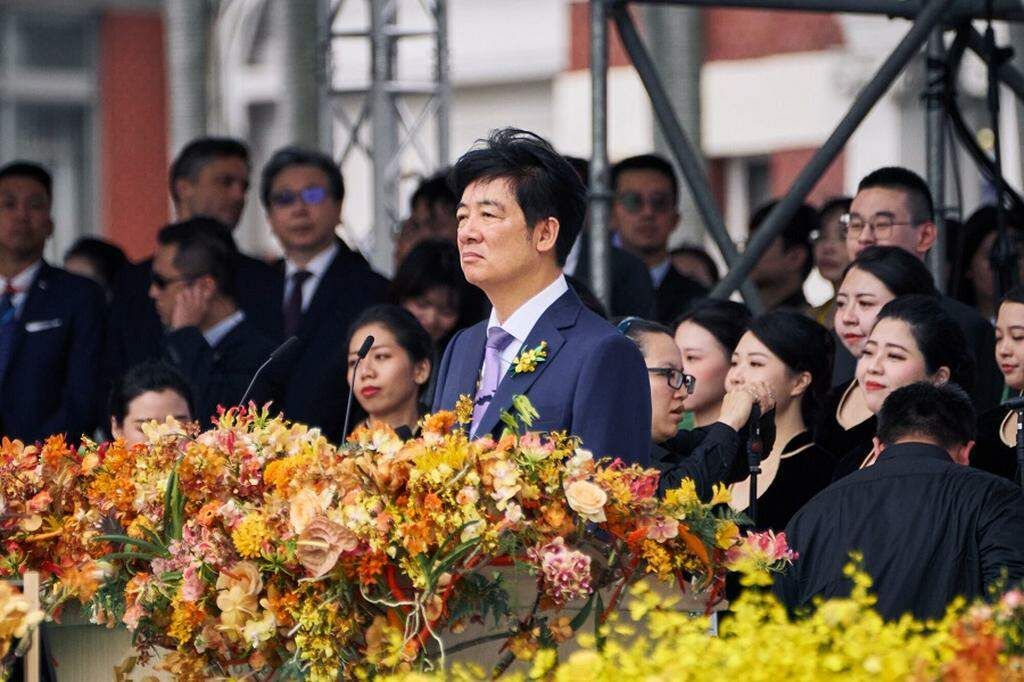
![[Video] Chinese youths love unusual jobs](https://cassette.sphdigital.com.sg/image/thinkchina/c4a12910e7eaa623ff3a4e31c9128e80fbd7d9a7d78a0129a66bcfb41e8400bb?w=1024)
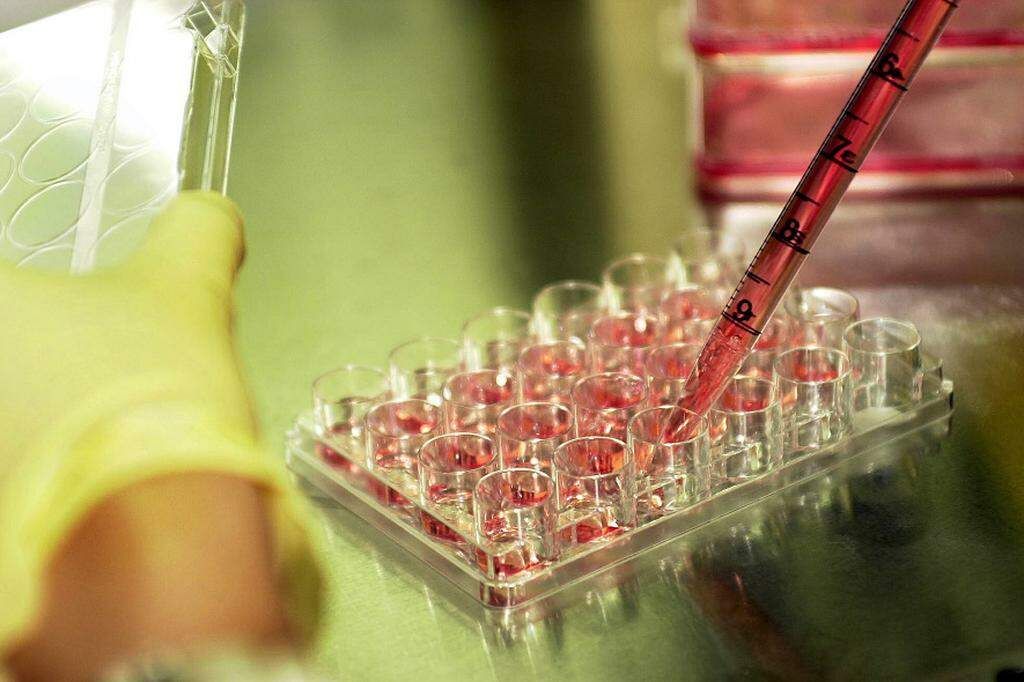
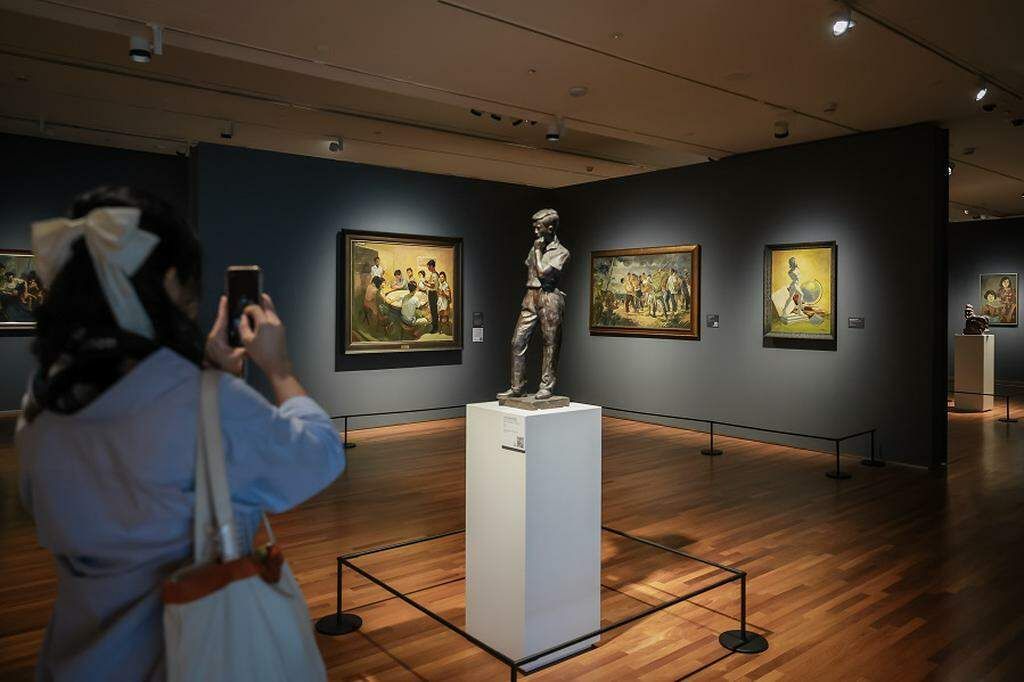
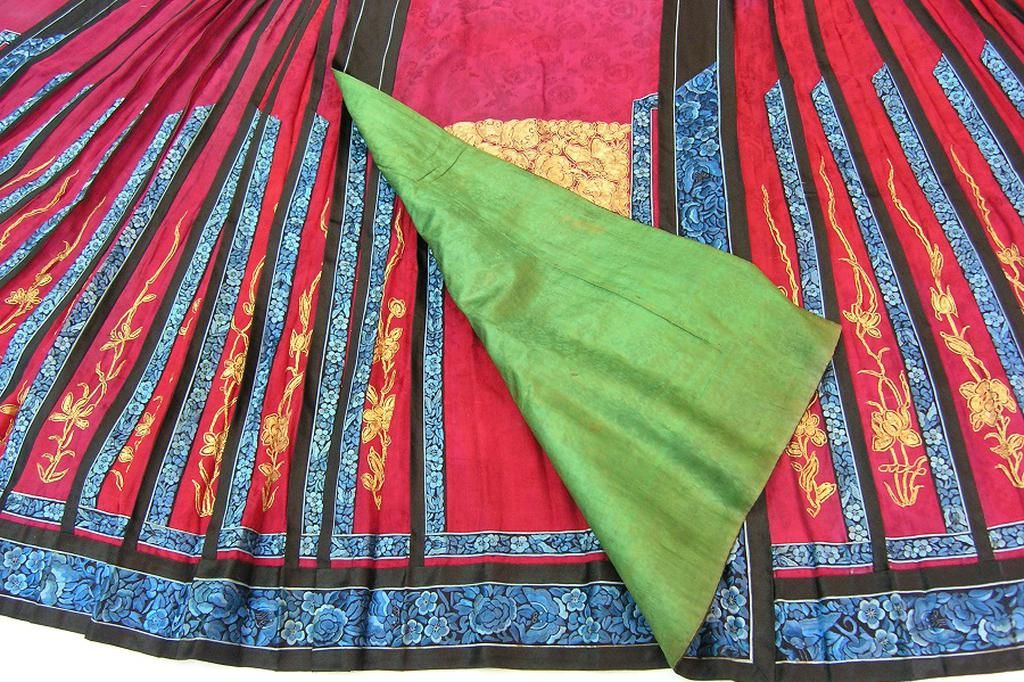
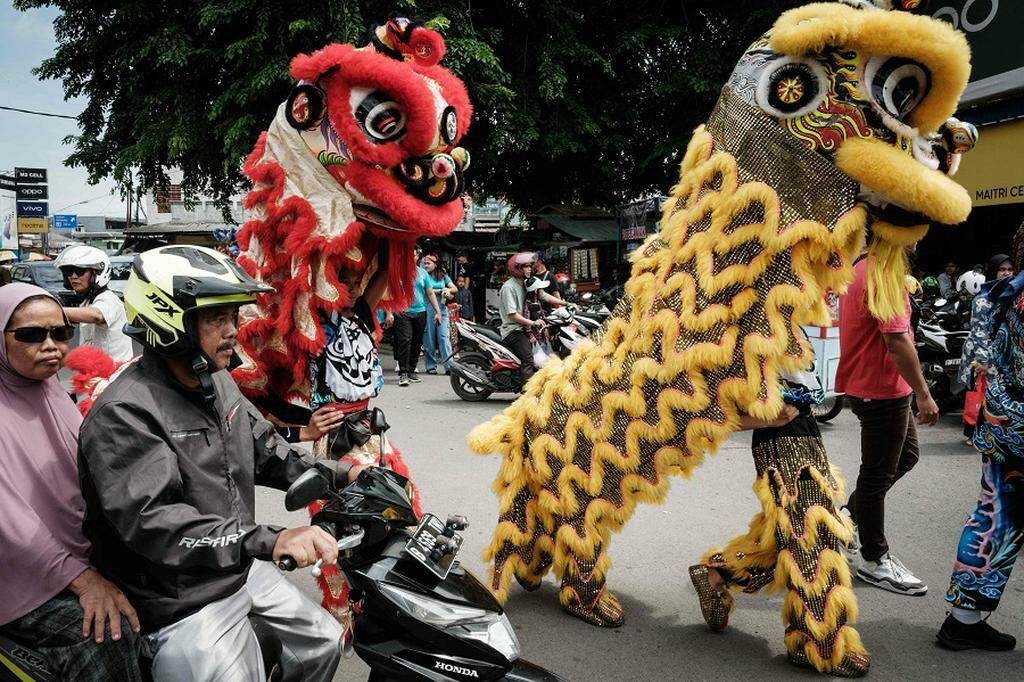
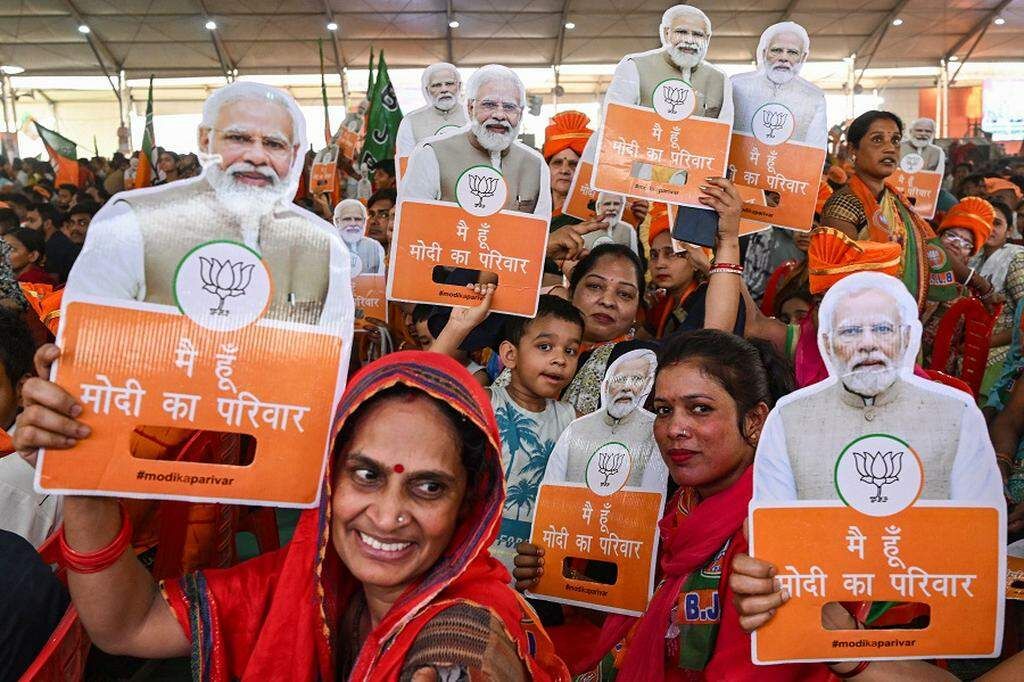
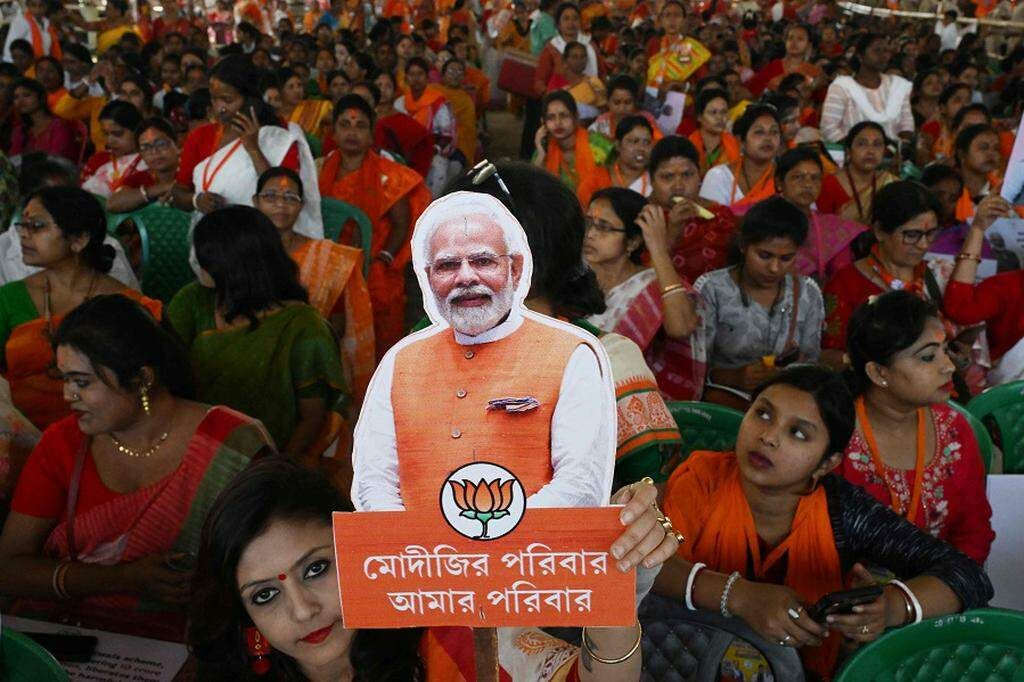
![[Comic] Post-rock and Chinese Dreamcore: Remembering a better time in China?](https://cassette.sphdigital.com.sg/image/thinkchina/89828d30a0ddb016f2c08dd094f13ab5f585ddc1b2937b90489182c3b782a2f1?w=600)

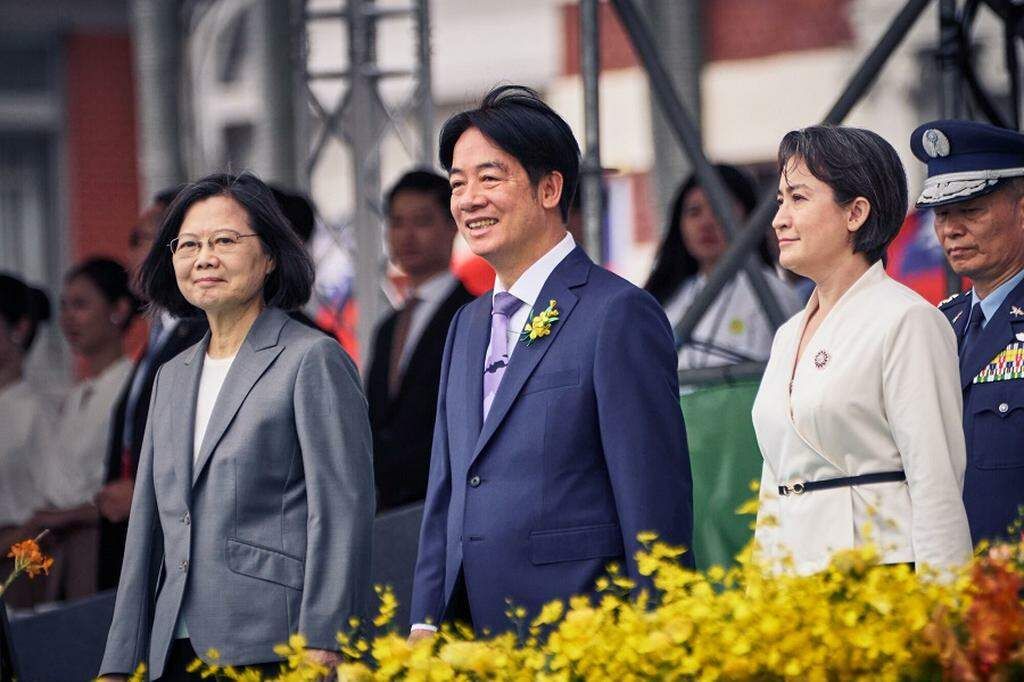
![[Big read] Hong Kong schools pulling all stops to attract mainland Chinese students](https://cassette.sphdigital.com.sg/image/thinkchina/22a8cf44119b131dd7d1bfc9a6791f501aba456fa0fb66bd96155e476ce77101?w=1024)

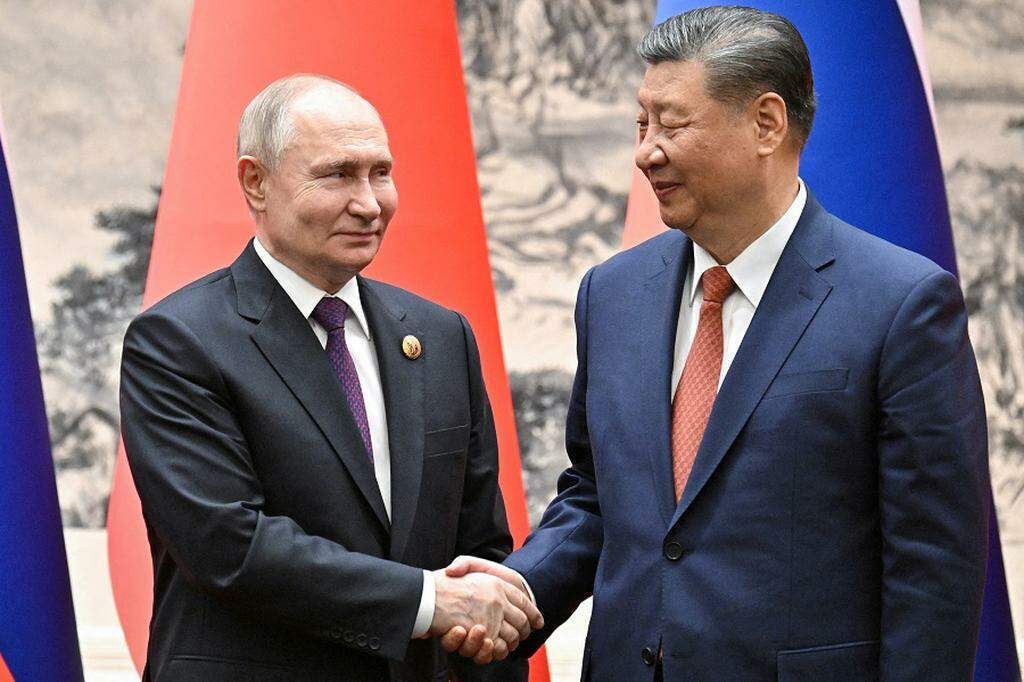
![[Big read] Not a zero-sum game: Semiconductor pie big enough for Singapore and Malaysia](https://cassette.sphdigital.com.sg/image/thinkchina/57ed2ec30e3b7f48f8218655b1f2611f176730a0812cd481a14597333d3fd4fb?w=1024)
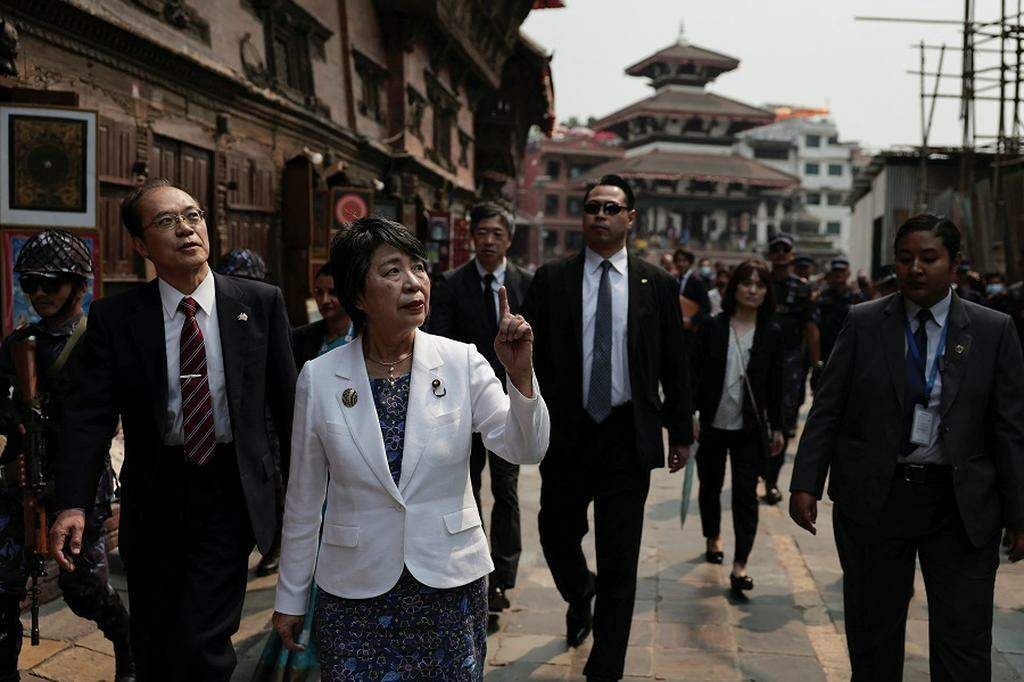
![[Video] China’s village super leagues: Where culture and economy score big!](https://cassette.sphdigital.com.sg/image/thinkchina/af4c0025af81e6a2b830180303257b8a696e8ffc6e08304ccf0d457ee5fcb949?w=1024)
